News from the NAMA Support Projects: Costa Rican coffee mills meet German coffee toasters to talk business
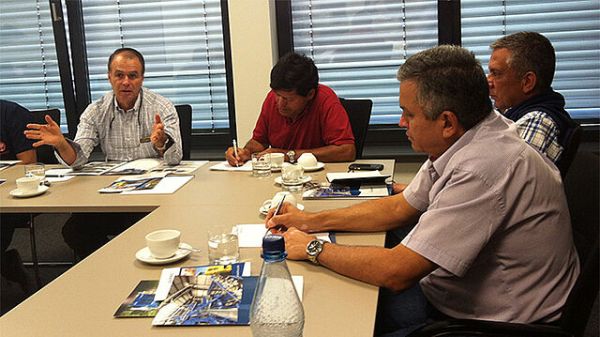
From September 19th to 30th 2016 representatives of nine Costa Rican coffee mills travelled to Germany to meet with manufacturers and suppliers of the German coffee industry, as well as coffee roasters to negotiate promising collaborations. The delegation was sent under the NAMA Support Project “Low-Carbon Coffee Costa Rica”.
The first week was all about the Costa Rica’s four largest coffee mills (so-called “beneficios”). The mills Coopetarrazú, Coopedota, La Eva and Aquiares alone account for almost 20 percent of the national coffee production. With representatives of the Deutsche Gesellschaft für Internationale Zusammenarbeit (GIZ) GmbH and the National Coffee Institute (ICAFE) they visited manufacturers and suppliers of the German coffee sector in order to learn about efficient energy production and to establish contacts for future cooperation.
The visit started at Viessmann’s in Berlin, a manufacturer of heating, industrial and cooling systems. The company also offers efficient energy systems for the commercial use of different energy sources. A worthwhile investment for the big coffee mills, seeing that after the separation of the coffee bean from the pulp a large amount of usable biomass remains. Several of the coffee mills already signaled interest in the acquisition of such a system. Viessmann also agreed to create energy balances in order to calculate the biomass’s energy content and to develop a viable energy model. A visit at BACKHUS continued the topic of energy generation with biomass.
The Amandus Kahl GmbH from Reinbek presented solutions for compacting organic products of different consistency by using pressing plants. The resulting pellets, for instance made of waste accumulated in the processing of coffee, then can be used as an energy source, such as for firing the roasters. From October 12th to 13th, representatives of the company visited three beneficios as well as the ICAFE headquarters in Costa Rica to study the current use of processing residues and develop projects for new compacting solutions. The company EMPO-NI off-grind solutions, a specialist in the development of solar systems for autonomous applications, presented various charge controllers to power industrial motors using solar power. With the fertilizer supplier Yara Deutschland, GIZ and ICAFE negotiated a future public-private-partnership (PPP). An expert will be lent to Costa Rica to facilitate the exchange of knowledge and methods between Yara and the Costa Rican coffee farmers.
In the second week, the smallest coffee mills, so-called “micro beneficios” had their turn: representatives of the mills Coopeldos, Coopepilangosta, Cerro Azul, Las Lajas and Las Marías visited coffee roasting plants in Hamburg with the aim to establish contacts for future cooperation and to market their own coffee in Germany. In the Speicherstadt Rösterei, at the HAMBURG COFFEE COMPANY mbH, the Public Coffee Roasters GmbH, the Darboven GmbH & Co. KG and at elbgold Kaffee they presented the characteristics and exclusivity of their coffee. The German coffee roasters explained how the Costa Rican premium coffee can best be marketed with an interesting backstory. Additionally, it was agreed that interns will be sent from the coffee mills to work at the roasting plants to get to know the marketing chain in Germany even better. At the Gimbon Maschinenfabrik GmbH’s production plants the micro beneficios were presented with different coffee roasters, for which two of the mills have already requested offers.
The visit was organized by the NAMA Support Project “Low-Carbon Coffee Costa Rica”, which aids the Costa Rican NAMA Café de Costa Rica with technical and financial support. The project is being implement by the GIZ in Costa Rica until 2019. The NAMA Café is a nationally appropriate mitigation action, which aims to promote a climate-friendly coffee in Costa Rica. The project is financed by the NAMA Facility, which was established by the Federal Ministry of Environment, Nature Conservation, Building and Nuclear Safety (BMUB) and the British Department for Business, Energy & Industrial Strategy (BEIS). The Danish Ministry of Energy, Utilities and Climate (EFKM) and the European Commission joined the NAMA Facility as new Donors in 2015.
Find out more about the project on its website.
Learn more about NAMA Project Costa Rica – Low-Carbon Coffee.
Contact:
Sandra Spies: sandra.spies@giz.de
Proyect Director
Support Project NAMA Café
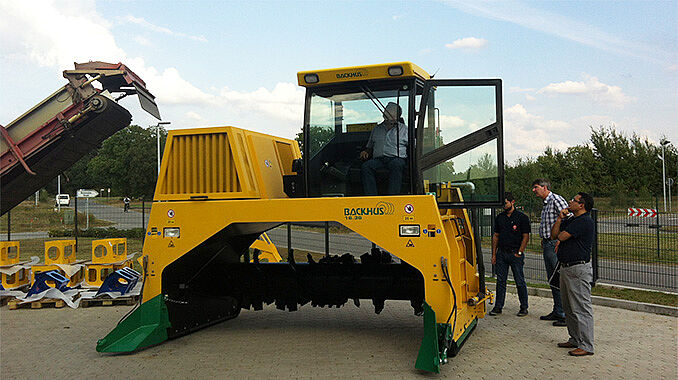
© GIZ Costa Rica
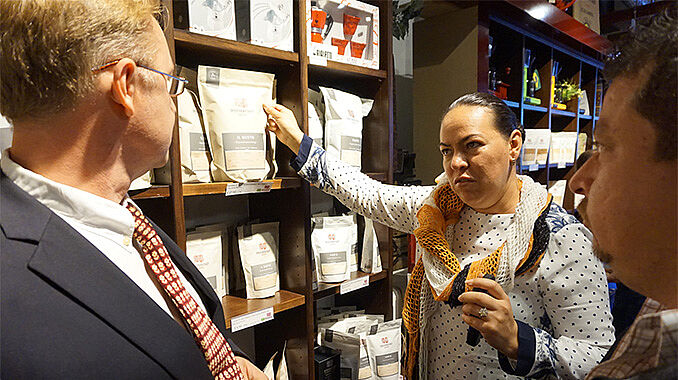
© GIZ Costa Rica
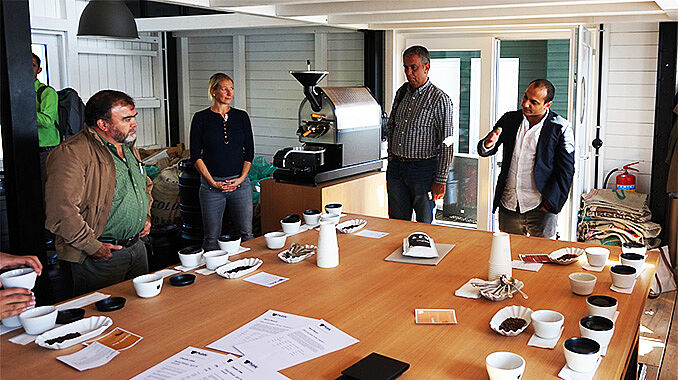
© GIZ Costa Rica
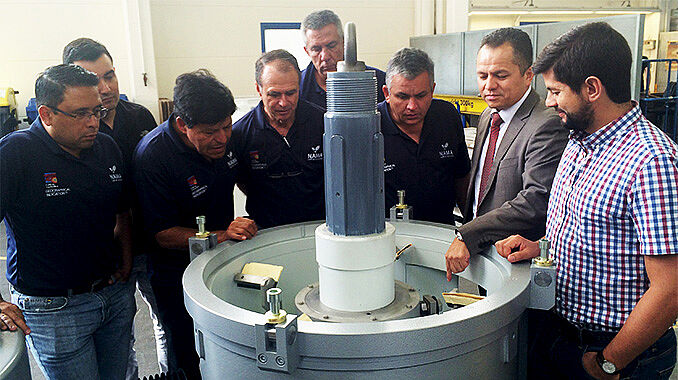
© GIZ Costa Rica
